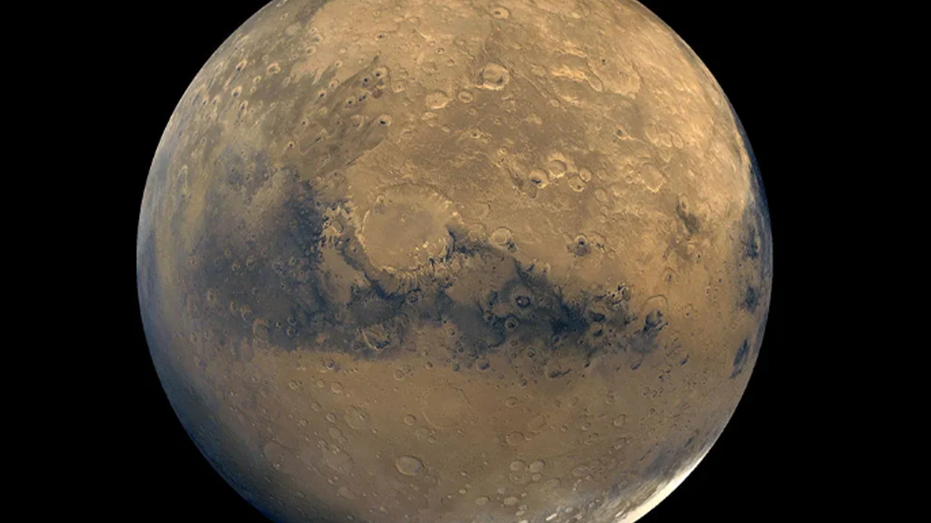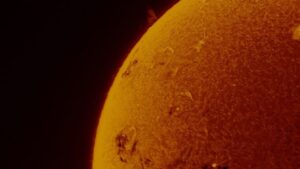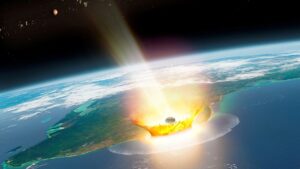
Could Dark Matter Be Causing Mars’ Orbit to Wobble? New Research Suggests a Link
A recent study has ignited intrigue in the scientific community by proposing that the elusive dark matter might be influencing the orbit of Mars. Published in the peer-reviewed journal Physical Review, the research introduces a bold hypothesis: that dark matter consists of primordial black holes, which could be responsible for an observable wobble in the Red Planet’s trajectory.
Understanding Primordial Black Holes
Unlike the larger astrophysical black holes that form from the remnants of massive stars, primordial black holes are theorized to have formed in the chaotic moments following the Big Bang. These tiny cosmic entities, potentially as small as an atom, are believed to be extraordinarily dense, with masses exceeding thousands of solar masses. As the universe expanded, these primordial black holes scattered throughout space, contributing to the mysterious dark matter that is thought to comprise about 25% of the universe’s mass.
The Implications of Wobbling Orbits
The study, titled “Close Encounters of the Primordial Kind,” suggests that the gravitational influence of these primordial black holes could be subtly altering Mars’ orbit. The researchers, a team from the Massachusetts Institute of Technology (MIT), support their theory with a simulation that aligns with their observations of the Martian orbit.
According to their calculations, these primordial black holes could induce a detectable wobble in Mars’ orbit approximately once every decade as they traverse the solar system. This wobble is measurable thanks to advancements in telemetry, which allow astronomers to calculate the distances between planets with remarkable precision.
A Step Towards Understanding Dark Matter
Co-author David Kaiser, a physics professor at MIT, expressed excitement about the potential implications of their findings. “We’re taking advantage of this highly instrumented region of space to try and look for a small effect,” he stated. “If we see it, that would count as a real reason to keep pursuing this delightful idea that all of dark matter consists of black holes that were spawned in less than a second after the Big Bang and have been streaming around the universe for 14 billion years.”
Conclusion: The Quest for Cosmic Understanding
This study represents a significant step in the quest to unravel the mysteries of dark matter and its effects on celestial bodies. As researchers continue to explore this captivating topic, the results may not only enhance our understanding of Mars but also provide deeper insights into the fundamental nature of the universe itself.

